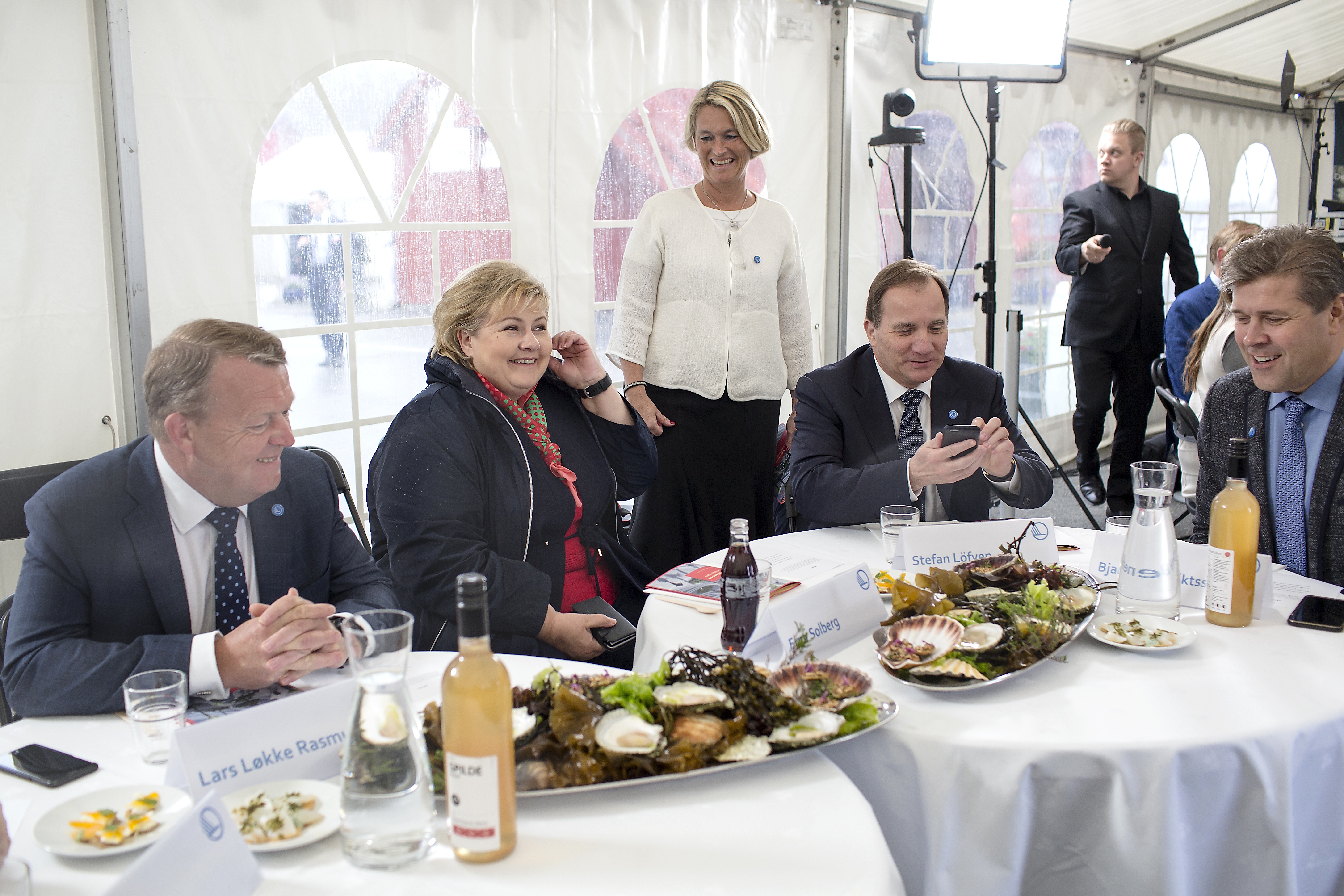August 18
Would you eat this? Why now is the time for insect farming startups
To many of us in Europe, the idea of insect farming might sound a little left field. In our daily lives, most insects are tolerated at best – and there’s little more to it. But it might be high time to rethink the role of insects.
The coronavirus pandemic, alongside global food security issues and climate change, has made the need to identify sustainable sources of protein even more pressing than ever. Could insect farming be the answer – and which European startups are already seizing the opportunity to innovate in this area?
Let’s break down what insect farming actually involves. More common in Asia and South America, insect farming includes all processes involved with producing commodities from bugs, including raising and breeding them. They can be farmed for what they produce, but can also be used themselves as food, feed, or even dye. They are treated as livestock, although kept in much larger quantities than on a typical farm.
A sustainable future?
But why the interest in insect farming? One of the greatest benefits is sustainability. The Food and Agriculture Organisation of the United Nations has even advocated insects as a major sustainable food source for the future, since the environmental impact of consuming insects is significantly less than traditional meat products. They also require little food and water to be kept alive.
Insect farming also comes with great socio-economic benefits for people on poorer regions of the planet. They can be gathered in the wild, cultivated and processed in both urban and rural areas, which can provide income through the selling. Plus, insects are a highly nutritious food source, packed with healthy fats, protein, vitamin, fibre and mineral content – practically a full balanced diet for humans!
European startups leading the way
With the range of benefits to both society and the planet itself, it’s little wonder that European startups are already finding ways (and raising some serious cash) to innovate in this new field.
Edible insect startups are leading the pack in France, with Jimini’s continuing to expand its product offering of ready-to-eat insect recipes, including a brand new energy bar range based on cricket flour. Founded in 2012, the startup even sells insect-infused pasta, as well as flavoured meal worms, grasshoppers and crickets to snack on. Their mission? To step by step introduce this new sustainable and healthy source of nutrients into our diet.....MORE
Another fast-growing French startup, Paris-based Ÿnsect, was founded in 2011. Last year they raised over €100 million as well as backing of €20 million from the EU to become a world leader in insect-based protein production for animal and fish feed, presenting a more sustainable alternative to the likes of soy....
Now Ynsect makes sense. Just as barnyard chickens that eat bugs are healthier than their cousins reared on feed, ditto for the fishies.
Also at EU-Startups, August 3:
“Insects will play an important role in tomorrow’s food chain”: Interview with Aude Guo, co-founder of Innovafeed
I am reminded of one of the links in 2017's "Scientists Swear Cockroach Milk Is the Next Big Superfood"
But how do you milk the wee vermin?
*****
....Roach milk? I'm still having trouble with that picture of the prime
ministers of Finland, Sweden, Denmark, Iceland and Norway eating their
bugs and plankton a couple weeks ago: "Nordics could become 'Silicon Valley' of food" (and Norway goes big on seaweed cultivation)
Please don't
As the bumper sticker says: "Mealworms aren't food, mealworms are what food eats".
Or something.
From EU Observer:

Plankton, seaweed and edible insects were on the menu, when the prime ministers of Finland, Sweden, Denmark,Iceland and Norway
met in Austevoll, southwest of the city of Bergen in Norway on Tuesday (30 May).
They launched an initiative called Nordic Solutions To Global Challenges, which aims to achieve the UN's sustainable development goals for 2030....